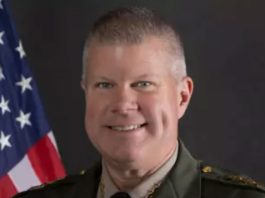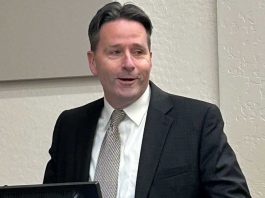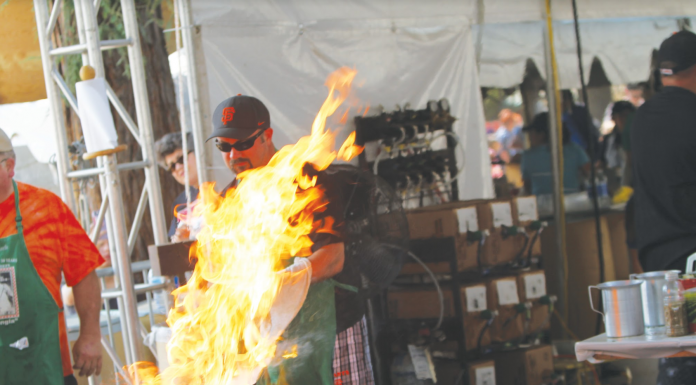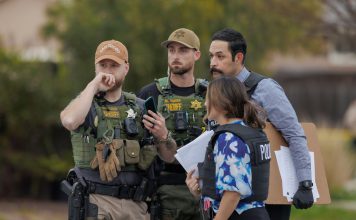Here are YOUR city council candidates….
The ideal of representative democracy is alive and well in Gilroy.
Neighbors Say Proposed PGE Substation Mars Environment
Residents of one of Gilroy’s most beautiful and environmentally fragile areas are fighting mad because PG&E is considering it for a power substation.
Gilroy Could Get a Huge New Water Resort
The company billed as owning the largest chain of indoor water parks in the world is in talks with Gilroy about building one of its popular family resorts at the city-owned Gilroy Gardens.
A Look Back: 2016 Garlic Fest
The 38th annual Gilroy Garlic Festival has come and gone, and while attendance numbers are down over last year’s, organizers say they should still be on track to reaching $11 million in donations over the lifetime of the event.
Motorcyclist Injured by PokémonGo Players
Gilroy Police reported an injury accident caused by Pokémon players. From a police report:"On the evening of July 21, 2016, a driver and his passenger were driving around looking for Pokémon in the area of First Street and Wren Avenue. The passenger, who was playing Pokémon Go on her cell phone, spotted one in the cemetery as they were driving by."In an effort to capture the Pokémon, the driver suddenly applied the vehicle brakes to make the right turn into the cemetery. A motorcyclist that was behind the vehicle did not have time to react and collided into the rear of the car."The impact caused the motorcyclist to fall to the roadway and skid on the ground before coming to a stop along the cemetery fence. The motorcyclist sustained minor injuries and was transported to a local area hospital treatment."The driver and passenger who were attempting to catch the Pokémon were released at the scene. A police report was written for documentation purposes."
Gilroy is Safe from Zika Virus, So Far
While the mosquito-borne Zika virus has made headlines, local residents can take comfort that the two mosquito species that carry Zika, have not been found in the county since mosquito season started in March, according to Santa Clara County Vector Control District.
Councilman Dion Bracco in his own Words
A fourth-generation Gilroyan and small business owner who worked his way up from the bottom, Gilroy City Councilman Dion Bracco is a plain-spoken local leader with a real passion for his community. He has seen Gilroy grow from a small agricultural town into a commuter hub impacted by the growth of Silicon Valley. Instrumental in the founding of the Compassion Center and the South County Youth Task Force, Bracco believes issues like homelessness and gang suppression are best solved regionally. He has been a council member since 2005.
Bikers Mar Creek
A California Conservation Corps crew clearing hiking trails along the Uvas Creek Tuesday stumbled on evidence that kids who had built an illegal labyrinth of dirt bicycle jumps in the protected creek a few years ago preserve are at it again.


















